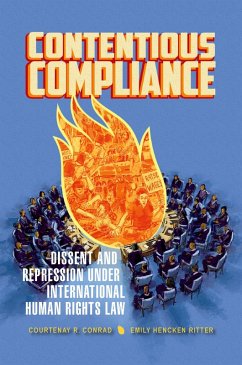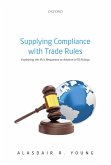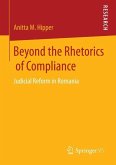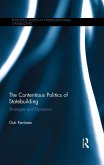Do international human rights treaties constrain governments from repressing their populations and violating rights? In
Contentious Compliance, Courtenay R. Conrad and Emily Hencken Ritter present a new theory of human rights treaty effects founded on the idea that governments repress as part of a domestic conflict with potential or actual dissidents. By introducing dissent like peaceful protests, strikes, boycotts, or direct violent attacks on government, their theory improves understanding of when states will violate rights-and when international laws will work to protect people. Conrad and Ritter investigate the effect of international human rights treaties on domestic conflict and ultimately find that treaties improve human rights outcomes by altering the structure of conflict between political authorities and potential dissidents. A powerful, careful, and empirically sophisticated rejoinder to the critics of international human rights law,
Contentious Compliance offers new insights and analyses that will reshape our thinking on law and political violence.
Dieser Download kann aus rechtlichen Gründen nur mit Rechnungsadresse in A, B, BG, CY, CZ, D, DK, EW, E, FIN, F, GR, HR, H, IRL, I, LT, L, LR, M, NL, PL, P, R, S, SLO, SK ausgeliefert werden.









